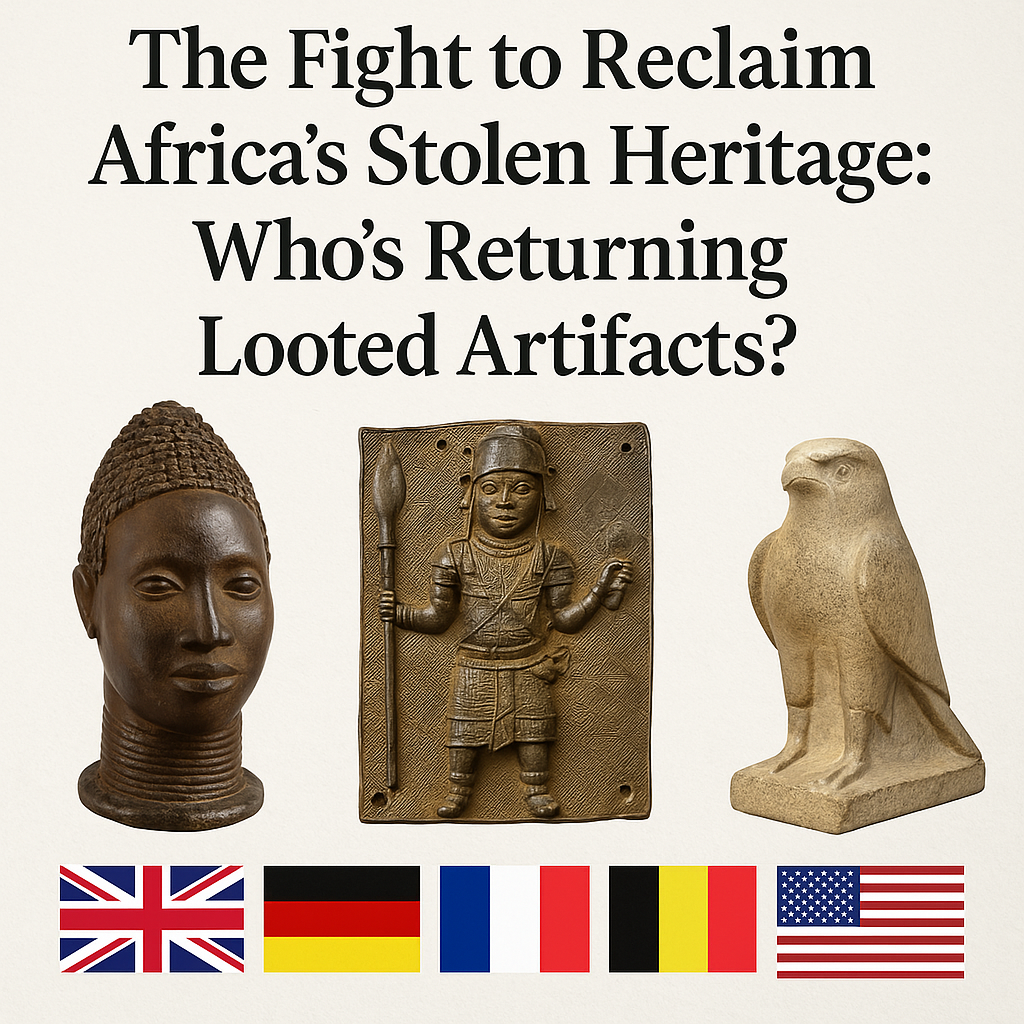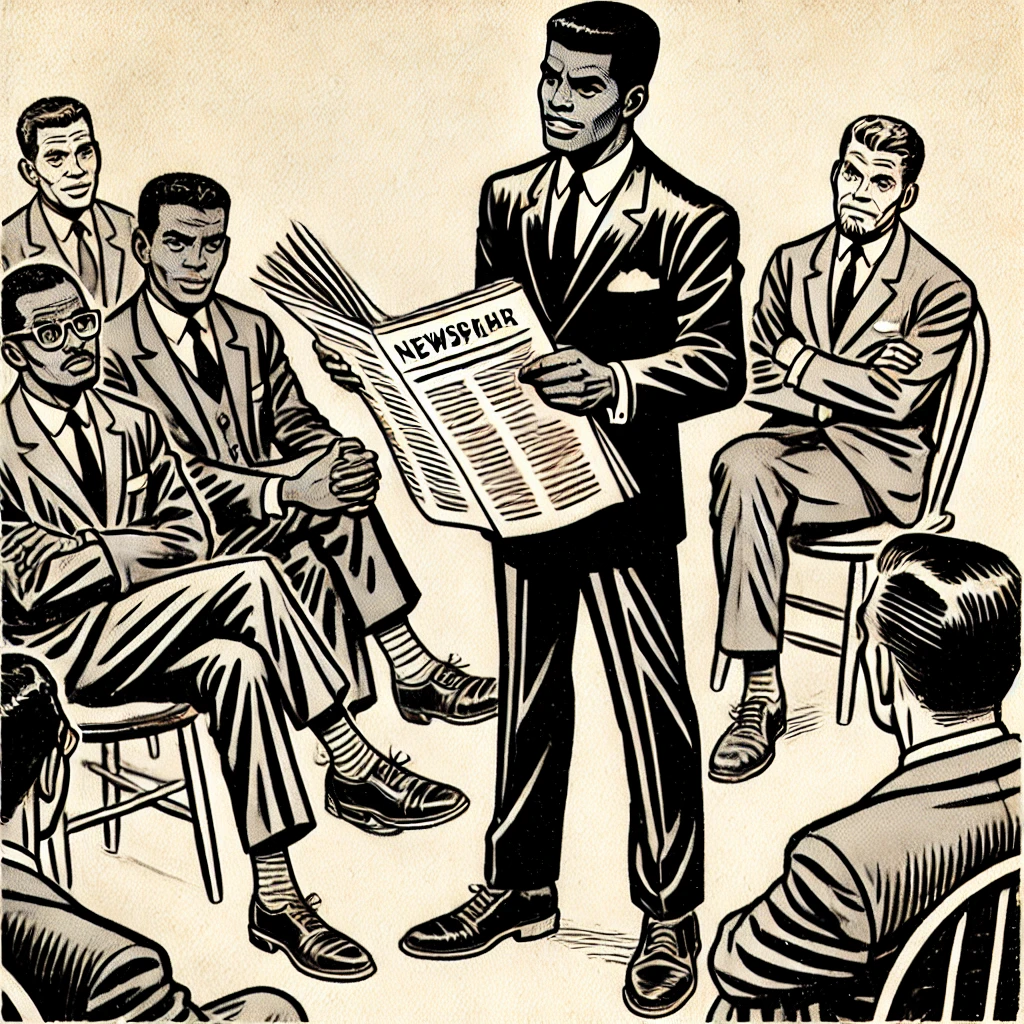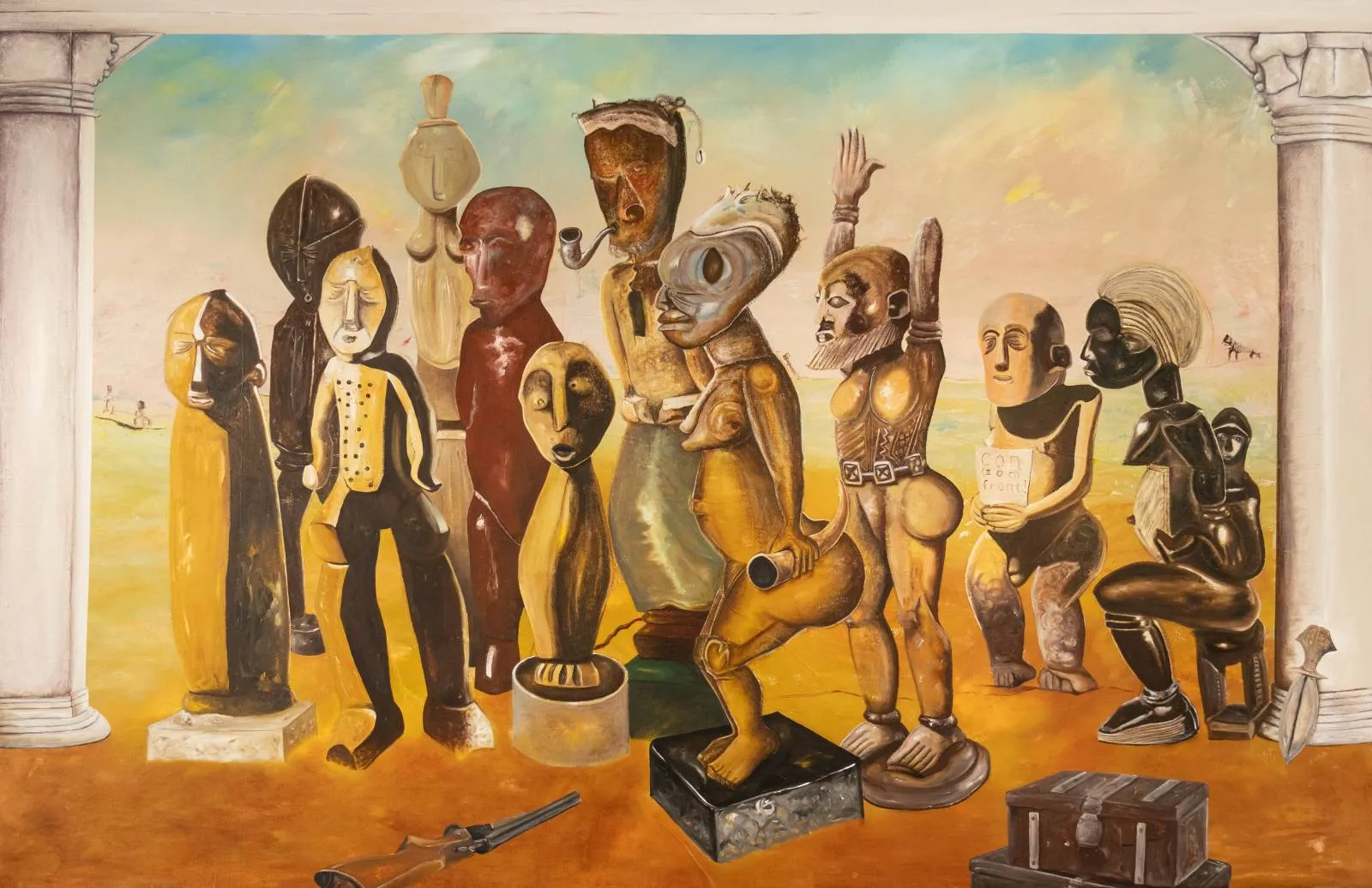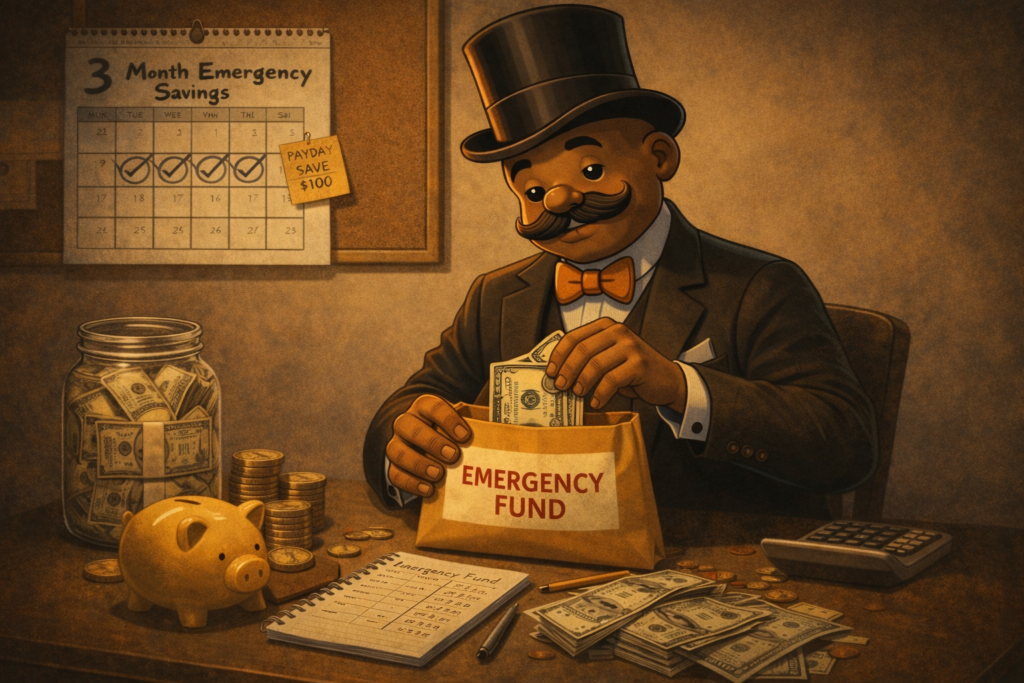For centuries, African artifacts have been displayed in Western museums and private collections, far from their origins. Many of these treasures were looted during colonial rule, taken by European powers that saw Africa as a land to be exploited rather than respected. Today, a growing movement is demanding the return of these stolen cultural and historical artifacts. But who is actually giving them back?

A Long History of Theft
During the colonial era, European nations pillaged Africa’s artistic and cultural heritage. From the infamous Benin Bronzes stolen by British forces in 1897 to sacred Ethiopian manuscripts taken by European invaders, these artifacts were shipped off to museums and private collections, often with little acknowledgment of their origins. These objects were not just decorative pieces—they held deep spiritual, historical, and cultural significance for the communities they were taken from.
For decades, African nations have been calling for their return, but resistance from museums and governments has slowed the process. Many institutions have argued that they are “preserving” the artifacts or that returning them would set a dangerous precedent. However, recent years have seen significant progress in the restitution movement.
Who’s Giving African Artifacts Back?
United Kingdom
The British Museum holds a vast collection of looted African artifacts, including the Benin Bronzes and Egyptian antiquities. While the museum has resisted returning them, some institutions within the UK have taken action. In 2022, the University of Cambridge’s Jesus College and the Horniman Museum returned several Benin Bronzes to Nigeria.
Germany
Germany has made one of the largest steps toward restitution. In 2022, it returned over 1,100 Benin Bronzes to Nigeria and signed agreements for further repatriation of looted objects. The German government has also pledged to return stolen artifacts from Namibia and Tanzania, two of its former colonies.
France
In 2017, French President Emmanuel Macron promised to return African artifacts held in France’s national collections. In 2021, France returned 26 royal artifacts to Benin, which had been taken by French troops in 1892. However, many more stolen artifacts remain in French museums, and activists continue to push for their full return.
Belgium
Belgium, which brutally colonized the Democratic Republic of Congo under King Leopold II, has been working to return looted artifacts. The Royal Museum for Central Africa in Brussels houses thousands of Congolese artifacts taken during the colonial era. In 2022, Belgium announced plans to transfer ownership of these items back to the DRC, though the process has been slow.
Netherlands
The Dutch government has also taken steps to return stolen heritage. In 2023, the Netherlands repatriated looted artifacts to Ghana and Indonesia. The country has committed to further restitution efforts in collaboration with former colonies.
United States
Some U.S. institutions have begun returning African artifacts, especially Benin Bronzes. In 2022, the Smithsonian Institution announced the return of 29 Benin Bronzes to Nigeria. Other American museums and universities, including the Metropolitan Museum of Art and Princeton University, have also followed suit.
Why Does This Matter?
The restitution of stolen African artifacts is about more than just returning physical objects—it’s about justice, historical accountability, and cultural preservation. For African nations, these artifacts represent stolen history and identity. Their return allows communities to reconnect with their past and reclaim what was wrongfully taken.
However, challenges remain. Many Western institutions still resist restitution, arguing that these artifacts are “global heritage” or that African nations lack the resources to properly care for them. Some governments have even introduced legal barriers to prevent museums from returning looted objects.
The Future of Repatriation
The momentum for returning stolen African artifacts is growing. Activists, scholars, and governments continue to push for justice, and more institutions are recognizing their moral responsibility to return these items. With increasing global pressure, the hope is that African cultural heritage will one day be fully restored to its rightful owners.
Final Thoughts
While progress is being made, the fight for restitution is far from over. African nations deserve to have their stolen history returned, and Western institutions must acknowledge and correct the wrongs of the past. The conversation around artifact repatriation is not just about history—it’s about fairness, respect, and the right of African nations to own their cultural legacy.
#Repatriation #AfricanArtifacts #BeninBronzes #CulturalHeritage #JusticeForAfrica








